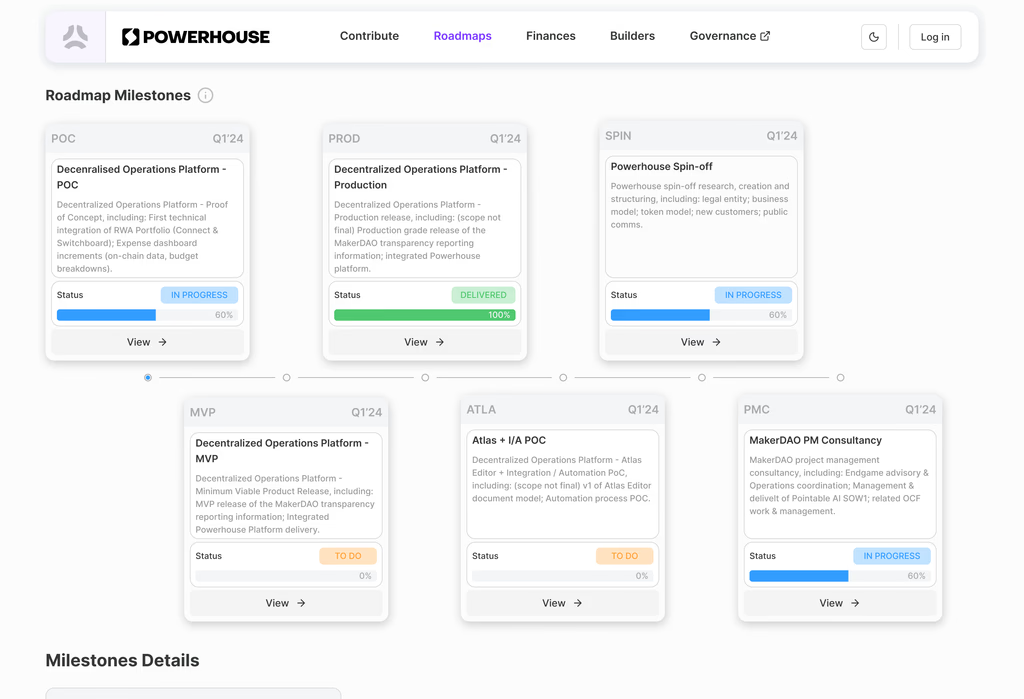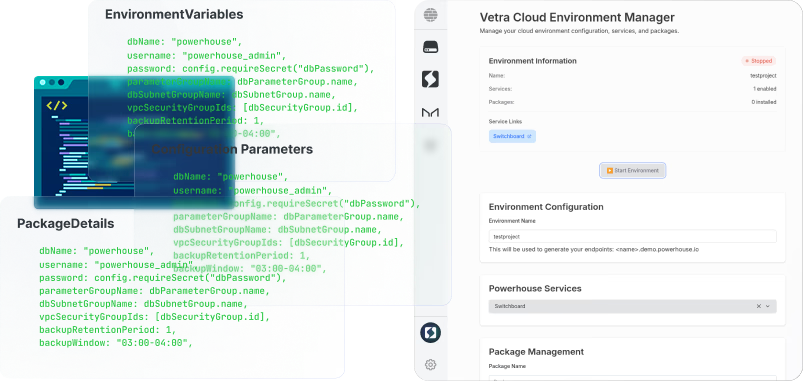Scalable Network Organizations
SNOs are how open ecosystems beat Big Tech. They channel funding and revenue back to contributors, protect the commons, and scale operations while the community sets the rules.
The Future of Work Needs New Structures
Scalable Network Organizations are a new pattern for open networks that want to act like companies without becoming companies. They coordinate people, AI agents, and institutions across borders while keeping ownership and decision power in the network.
Networks now need structures that:
Handle global operations and compliance as a shared service instead of every team reinventing it.
Fund long term public goods, not just short programs and campaigns.
Let contributors move between projects while keeping their reputation and upside.
This is already happening
OpenAI's acquisition of the OpenClaw team isn't the scandal — it's the symptom.
Open source lacks organizations that can scale into real institutions. OpenClaw had no DAO, no IP entity, no treasury — nothing to make "staying independent" a competitive option against a Big Tech comp package.
An SNO changes the equation. With governance, shared ownership, and operational infrastructure baked in, open-source projects become institutions — not just repos waiting to be acqui-hired. Open-Source Capitalism provides the economic framework; SNOs provide the structure to enforce it.
Why New Structures Matter
The tools for building open technology have never been better. What's missing is the organizational infrastructure to turn contributors into institutions and projects into networks that last.
DAOs proved governance works — but couldn't scale operations
On-chain voting and transparent treasuries were breakthroughs. But most DAOs stall when they try to hire, invoice, manage compliance, or coordinate across jurisdictions. The governance layer works; the execution layer is missing.
AI agents are about to change what's possible
Autonomous agents can already draft budgets, process invoices, monitor compliance, and coordinate contributor payments. But agents need structured organizations to operate in — clear roles, permissions, and accountability. Without that structure, you're just adding automation to chaos.
Open networks need real institutions
Building great technology at scale requires more than a repo and a Discord. It requires legal entities that can sign contracts, manage IP, employ people, and handle money across borders — without giving up community ownership. That's the gap SNOs fill.
Built to Scale
Start small with a shared treasury and a few contributors. Add Operational Hubs as you expand into new regions. Connect an investment vehicle that rewards real work. Add a commercial arm that serves customers and routes value back to the network. The same architecture that supports a pilot today can run full international operations tomorrow.
Pilot
Start with a shared treasury, a few contributors, and a single Operational Hub focused on one clear mission.
Add Hubs
Spin up additional Operational Hubs as work spreads into new regions, programs, or teams.
Attach Capital
Launch an OCF that funds real work, using transparent work receipts to track where resources go.
Scale Revenue
Bring on Revenue Generating Hubs that serve customers, sign contracts, and route value back to the network.
Five Entities, One Network
Each entity has a clear role. Together they give open networks the legal, financial, and operational infrastructure to function like real institutions — without centralizing control.
DAO
Governance and direction
The community decision layer. Token holders and contributors vote on budgets, set priorities, and maintain shared standards. The DAO doesn't try to do operations — it steers the network and delegates execution to purpose-built entities.
Operational Hub
Turnkey back office for global teams
A compliant legal entity — typically a Swiss Association — that handles the day-to-day: contributor payments across jurisdictions, invoice management, payroll, expense tracking, onboarding, and regulatory filings. The Operational Hub is the first product live on Achra, with entity formation, accounting, and legal services bundled in.
OCF (Open Capital Facility)
Investment linked to real work
The funding layer that connects capital to contribution. Uses non-transferable work receipts so investors can track where money goes and contributors build verifiable track records. Designed to make open-source projects investable without turning them into traditional startups.
RGH (Revenue-Generating Hub)
The commercial arm
Signs contracts, invoices customers, and generates revenue on behalf of the network. A portion flows back to public goods and core contributors through retroactive funding. This is how open networks become self-sustaining instead of grant-dependent.
IP Entity
Brand and rights steward
Holds trademarks, software rights, and licensing on behalf of the network. Prevents any single actor from capturing shared IP. This is the entity that would have protected OpenClaw's commons — the piece most open-source projects are missing.
Together these entities route capital, operations, and IP without concentrating control. The DAO sets direction. The Operational Hub executes. The OCF and RGH handle money in and money out. The IP Entity protects the commons.
How It Works
Decide in the DAO
Proposals set goals, budgets, and standards across hubs.
Operate through Operational Hubs
Pay people, run programs, and stay compliant.
Invest through the OCF
Allocate capital with work receipts so rewards reflect real work.
Earn through the RGH
Sell services and products, handle contracting and invoicing, and return value to builders and public goods.
Protect through the IP Entity
Keep brand and software rights aligned with governance outcomes.
Checks and balances prevent capture. Value cycles back to the people who build.
Capital and contributions circulate through OCF, RGH, and Operational Hubs while DAO and IP entities keep direction and rights aligned.
Achra: where SNOs operate
Achra is the coordination platform for SNOs. It connects teams, contributors, and investors in one operational marketplace that grows with the network.
With Achra, you can:
Run contributor payments and grants across regions
Launch an Operational Hub and attach it to the DAO
Set up an OCF with transparent work receipts to fund work
Invoice customers through an RGH and route value to public goods
Safeguard brand and software rights through an IP Entity

Now live on Achra
The Operational Hub
A turnkey back office for global teams. Entity formation, accounting, legal, and contributor payments — bundled into one product so you can start building instead of navigating jurisdictions.
Setup
- Swiss Association formation with legal counsel
- Registered address in Zug
- Legal document templates (open-source, counsel-reviewed)
- KYB/KYC onboarding
Recurring
- Monthly accounting and financial close
- Invoice management and multi-currency payouts
- Contributor onboarding and offboarding
- Annual tax filing and regulatory compliance
Add-ons
- Crypto-friendly bank and exchange setup
- Payment processing and offramp integration
- AML monitoring and compliance reporting
- EOR/PEO onboarding for full-time hires
Vetra enables sovereignty for SNOs
SNOs need infrastructure that keeps control with the network. Vetra is the builder stack for organizational software and AI native web apps that stay open, portable, and under network control.
What it gives you:
Specification driven AI. Model workflows as structured documents so agents behave safely and predictably.
Reactive operations. Event driven updates and collaborative primitives that feel like Git for processes.
Scalable by design. CQRS and sharded document storage that stay fast as the network grows.
Web3 and open cloud. Wallet login, cryptographic verification, and an OpenStack based cloud option for a true cloud exit.
Vetra is the software architecture that lets a SNO stay sovereign, embed AI from the start, and scale without giving leverage to a closed platform.

A Framework for Open-Source Capitalism
SNOs make open networks economically self-sustaining. They allow value created in public to flow back to the people who build it, aligning governance, capital, and collaboration to form a more equitable digital economy.
This is how open systems compete with Big Tech: not by copying their structures, but by scaling cooperation itself.